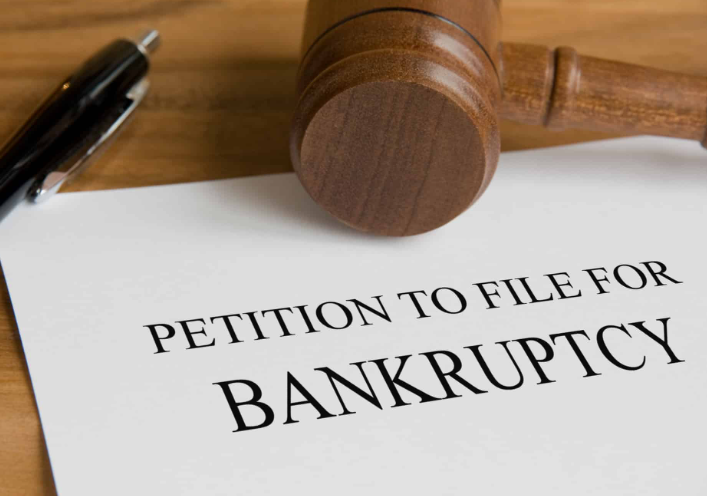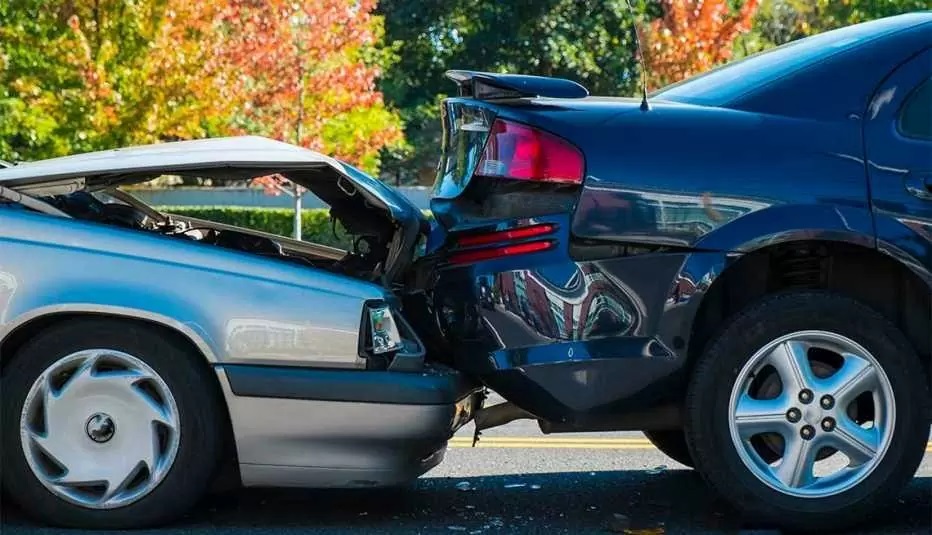You may be concerned about your financial future after bankruptcy filings are complete. What will you do with the remaining assets? Are you going to be able ever again to get a loan or credit card?
These questions can keep you awake at night. The good news is that bankruptcy doesn’t leave you poor. You can start rebuilding credit after your debts have been discharged.
A summary of Chapter 7 & Chapter 13
It is important to understand the basics of consumer bankruptcy.
Chapter 7 bankruptcy will see your non-exempt assets being sold and the proceeds used to pay your creditors. Your exempt assets are yours to keep. Many of your remaining debts will be extinguished once the proceeds from the sale are exhausted.
Chapter 13 bankruptcy will require you to enter into a repayment plan that is overseen by a bankruptcy trustee. Instead of destroying your assets, you will be able to make monthly affordable payments for up to five years. Many of your outstanding debts will be extinguished once the payment period has ended.
The court will release most of your debts at the end of either proceeding, though some may still remain. It is possible to rebuild credit.
Your Credit Won’t Be Forever Damaged by Filing for Bankruptcy
Although filing for bankruptcy can affect your credit temporarily, it will not cause any damage to your credit score.
Your credit report will reflect a Chapter 7 bankruptcy for 19 years. Chapter 13 bankruptcy will remain on the credit report for seven years. Once these bankruptcy filings are removed from your credit report, you will notice a significant improvement in your credit score.
You can also increase your credit score before the seven- or ten year mark is up.
You can get a small installment loan or a secured credit card. You can fund these accounts, much like a debit card. These funds can be borrowed and repaid monthly. This will help you rebuild your credit.
You can improve your credit score by making one-time payments.
You can improve your credit score by borrowing responsibly and paying back your debts on time, even if your bankruptcy has been removed from your credit reports. This will put you in a good financial position and give you the fresh start that you want.
This post was written by Trey Wright, an experienced bankruptcy lawyer Jacksonville FL! Trey is one of the founding partners of Bruner Wright, P.A. Attorneys at Law, specializing in bankruptcy law, estate planning, and business litigation.
The information provided on this website does not, and is not intended to, constitute legal advice; all information, content, and materials available on this site are for general informational purposes only. Information on this website may not constitute the most up-to-date legal or other information. This website contains links to other third-party websites. Such links are only for the convenience of the reader, user or browser; the ABA and its members do not recommend or endorse the contents of the third-party sites.




